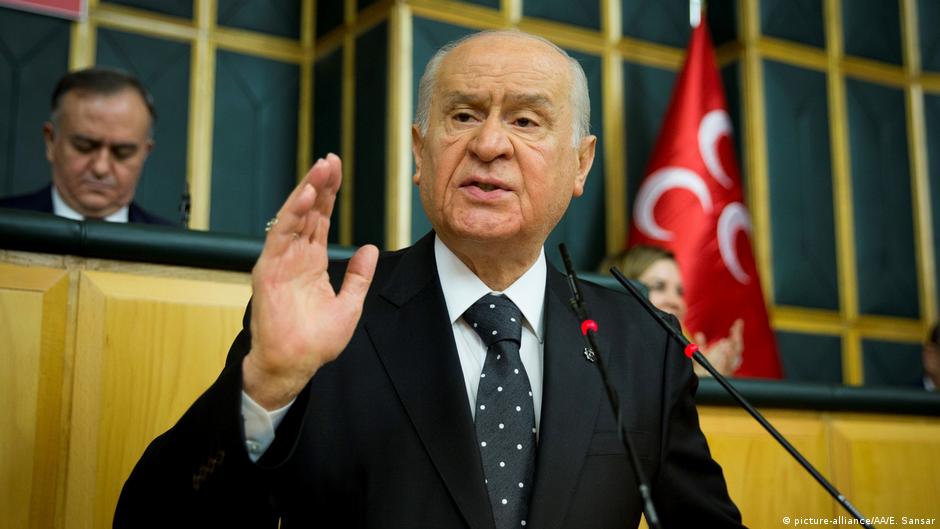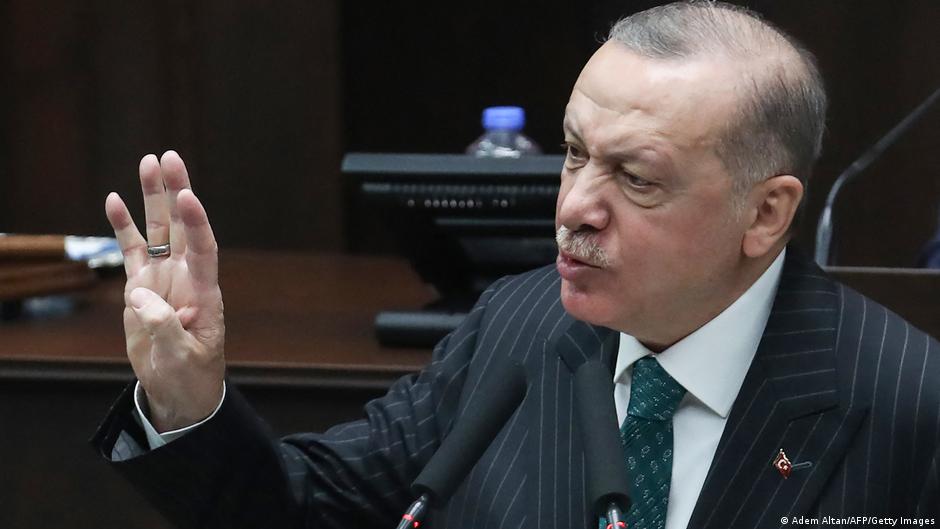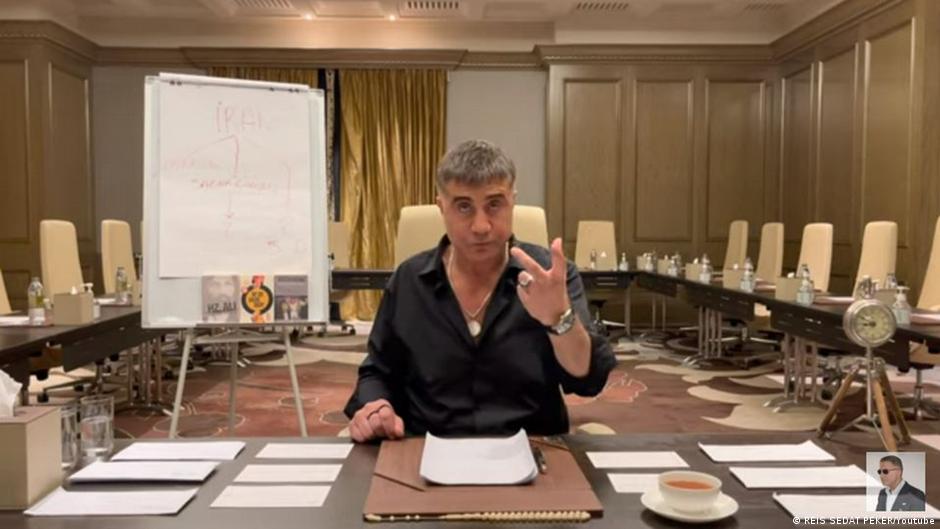Mafia ties run deep in AKP politics

Ever since the coup attempt in 2016 and the ensuing wave of arrests, prisons in Turkey have been completely overcrowded – the risk of becoming infected with coronavirus in the cramped jails is particularly high. Last year, the Turkish government decided to take action: an amnesty law allowed for the early release of around 90,000 prisoners. While numerous journalists, opposition activists or prisoners with pre-existing conditions remained in custody, however, people like the notorious mafia boss Alaattin Cakici benefitted. Cakici has been enjoying his newfound freedom since April 2020.
At the end of October 2021, Kursad Yilmaz, another major figure in the Turkish underworld, was also released. Yilmaz had been sentenced to 66 years in prison for murder, founding a criminal organisation and inciting the murder of a mayor, among other charges. Having applied for a retrial, he was, however, surprisingly released after 17 years in prison.
The two criminals have more in common than their long criminal record; they both hail from the right-wing extremist milieu. They are so-called "ulkuculer", in English: "idealists", known outside Turkey as the 'Grey Wolves'. This group spread fear and terror with brutal acts of violence, arson attacks and murders, especially in the 1970s.

On friendly terms with the MHP leadership
Immediately after his release, Cakici visited the head of the ultra-nationalist MHP party, Devlet Bahceli. Erdogan's junior partner in the government is politically close to the Grey Wolves. After the meeting, the mafia boss took aim at the opposition. In several letters published on social media, he denigrated the leader of the largest opposition party CHP, Kemal Kilicdaroglu, for criticising his release. In one letter, he threatened to impale the opposition leader on a stake.
Yilmaz also met with MHP leader Bahceli after his release – as soon as the meeting was over, the MHP official Twitter account published a photo of the two of them together in Bahceli's office.
Return of the "deep state"?
For many Turks, any apparent proximity between politics and the underworld reminds them of a dark chapter in Turkish history. Back in the 1990s, it was widely assumed that numerous high-ranking government officials cultivated relations with the criminal underworld. Most believed that political murders or cases in which people simply disappeared were due to the machinations of criminal organisations acting uncontrollably, like a state within a state.

There is increasing speculation about whether the mafia is helping the government secure its power "paramilitarily". After all these years, Turkish President Recep Tayyip Erdogan increasingly appears to be losing popular support – his foundations of power are crumbling. "In an attempt to shore up its position of power, the current government is trying a new method," explains Fikri Saglar, a former MP for the opposition CHP and an expert on organised crime. "Intimidation – especially of those involved in the electoral process."
Crooked dealings with city treasuries?
Journalist and mafia expert Tolga Sardan of the news portal T24, on the other hand, believes the return of the mafia is linked to hidden money flows. He believes it far-fetched, however, to think the mafia bosses will ever roam the streets as a paramilitary force. Cakici and Yilmaz "are currently preparing to get their hands on some of the financial resources of unknown origin that are currently circulating, especially in Istanbul," says Sardan.
In the 2019 local elections, Erdogan's ruling AKP lost key metropolitan areas like Istanbul to the opposition – and with them their bulging city coffers. "Some estimate that there are about ten billion dollars of funds circulating annually in Istanbul," reveals Sardan. Money that the president urgently needs to feed his system of nepotism. "These sums of money are naturally a magnet for organised crime," he adds.
Sedat Peker: the whistleblower
Far-right mafia godfather Sedat Peker is another criminal who once had close ties with the government. He fled to Dubai to avoid arrest.

From there, the exiled mafia boss has been putting the Turkish government on the spot for months with a seemingly neverending barrage of new revelations on YouTube and Twitter.
Whistleblower Peker confirms that the government and organised crime are joining forces in a "deep state". Pulling the strings for the government is its ultra-nationalist minister of the interior, Suleyman Soylu. Formerly a close associate of Peker's, Soylu warned him, Peker reveals, when investigations were launched into his activities. In return, the mafioso supported the interior minister's career.
If Peker's accusations are to be believed, there has been an unholy alliance between politics and the Turkish mafia since long before the release of Cakici and Yilmaz. In addition to the minister of the interior, Peker has fingered numerous other well-known government politicians and persons close to the government who are allegedly involved in criminal activities.
© Deutsche Welle 2021
You may also like:
Criticising Erdogan: Don't romanticise the Kemalist legacy!
The Nazi glorification of Ataturk: Ankara's shining star
